The criminal state of Russia
The looting of state-owned assets in Russia was just the start of the crime rush.
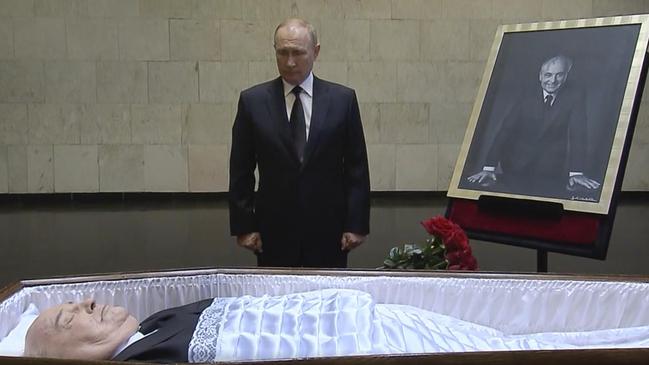
It is now more or less understood that the transition from the Soviet state to a post-communist Russia was badly managed. What was heralded as a shift from communism and dictatorship to a market economy and democracy turned into a fiasco for millions of Russians: the looting of state-owned assets, the rise of criminal empires, corruption on a staggering scale, then the rise to power of Vladimir Putin. We are all living with the fallout from that string of debacles.
Federico Varese is a Professor of Sociology in Paris and a Senior Research Fellow at Nuffield College, Oxford University. His field is the sociology of organised crime. He has provided, in this slim book, an illuminating and accessible profile of post-Soviet Russia. There are many reliable and more systematic histories or testimonies to the failure of reform in Russia, but Varese’s is a compact education in the matter.
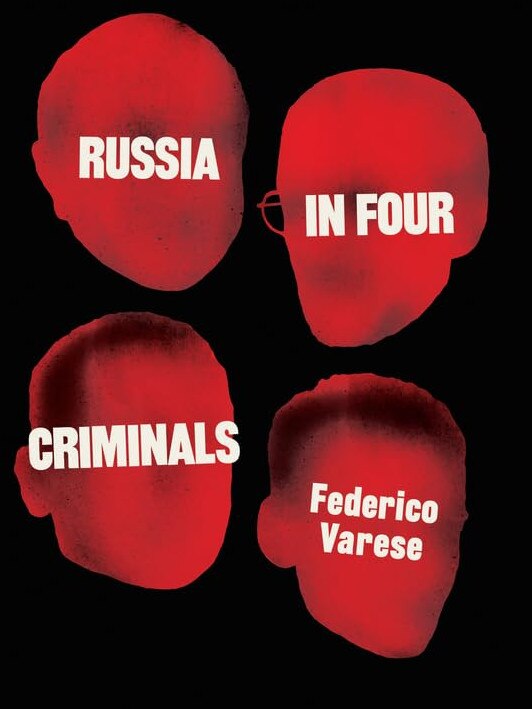
Each of the four lives he presents to us is more dramatic than The Godfather. His incisive 10-page conclusion makes 10 core points, by way of expressing hope for a renewed effort at political reform in Russia. The four lives he examines are those of a mafia boss (Vyacheslav Ivankov), an oligarch (Boris Berezovsky), a convict (Sergei Savelyev) and a cybercriminal (Nikita Kuzmin).
None of them is vilified or caricatured. Nor does Varese extract his deductions from them in an overdrawn way. They are profiled as embodying how Russia evolved between the Gorbachev and Putin years. The character and career sketches have the advantage of being economical, representative and personalised. If you know very little about post-Soviet Russia and are time poor or otherwise lack the stamina to read a “heavy” book on the subject, this is perfect for your needs.
Ideally, however, it will be read also by those already at least broadly familiar with a few of the many credible books on the subject, such as those by Bill Browder: Red Notice: A True Story of Corruption, Murder and One Man’s Fight For Justice (2015) and Freezing Order: A True Story of Russian Money Laundering, Murder and Surviving Vladimir Putin’s Wrath (2022); Masha Gessen’s The Future Is History: How Totalitarianism Reclaimed Russia (2017); or the recent writings of exiled Russian dissident Mikhail Khodorkovsky: The Russia Conundrum: How the West Fell for Putin’s Power Gambit — and How to Fix It (2022) and How to Slay a Dragon: Building a New Russia After Putin (2023).
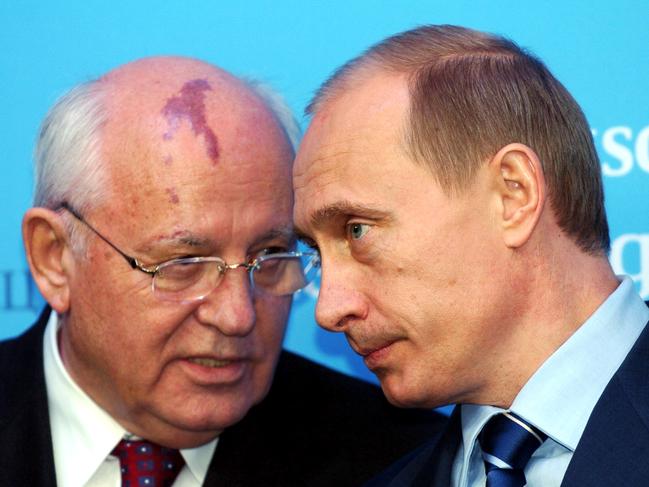
Varese orients the reader to his experience of Russia from the first sentence: “When I arrived in the city of Perm in the Ural region, in 1994, I went to live in a students’ hostel.” The students he met there weren’t studying. They were all involved in scams or schemes of one kind or another in the black markets which had sprung up all over Russia as its economy underwent shock treatment. As he remarks, “In 1992, the young economists hired by Yeltsin to dismantle the Soviet economic system decided to liberalise prices and the savings of Russian families immediately vaporised.”
In this environment, veterans of the war in Afghanistan and former KGB toughs created criminal enterprises and protection rackets; Boris Yeltsin and his cronies accumulated ill-gotten fortunes; and the population at large survived as best it could.
The four figures profiled by Varese did what they did in these circumstances. As he observes, the minimal requirements of a legitimate state are that it protects property and contract, so markets can work. Yeltsin’s state protected nothing. Putin then took over and simply became the master criminal, subordinating oligarchs and gang bosses to his rule.
Vyacheslav Ivankov was born in 1940 to an unemployed, alcoholic and abusive father. He grew up in the old Soviet Union, initially under Stalin.
By the 1970s, he was a gang boss whose mantra was, “Killing is as easy as lighting a cigarette”. He rose, in time, to be head of the Soviet Union’s anti-communist criminal underground.
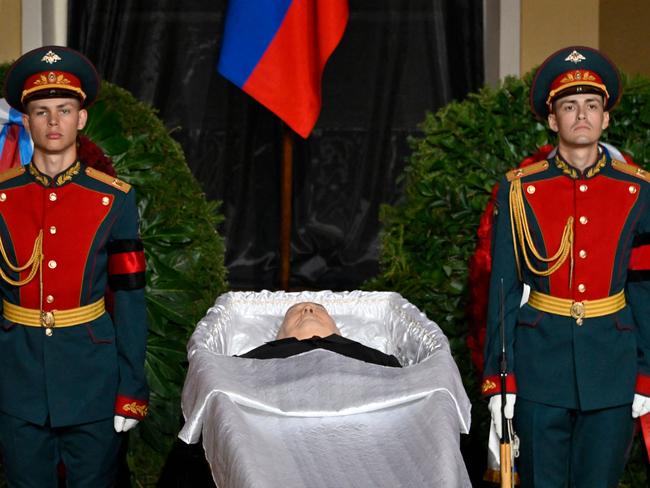
When the USSR disintegrated, an epidemic of violence followed. Thousands of criminal gangs sprouted up. Gang wars erupted. Ivankov became a key player in all this, as the Brotherhood of the Sun flourished, raking in billions annually. In 2009, he was assassinated.
Boris Berezovsky’s story — which ended with his suicide in England, in 2013 — was one of gilded glamour by comparison. He was a brilliant analyst and became Yeltsin’s financier, while building a personal fortune of dynastic dimensions. He dipped his fingers into many pies and hundreds of people who got in his way wound up dead. But he thought he could control Putin. That was a mistake.
The tale of Sergei Savelyev is perhaps the most chilling of the four. It takes us inside Russia’s prisons, with their systemic torture, rape and lawless abuse. Savelyev was witness to rape and torture of the worst kinds. Moreover, these things were videotaped. As an insider, he made copies of these videotapes: two terabytes of them. The story is as horrifying as you can readily imagine. Dante’s Inferno, but as presided over by the Devil himself, not the living God.
In 2005, Nikita Kuzmin invented Gozi, one of the most powerful computer viruses ever conceived. He more or less invented sophisticated cybercrime, made millions, then, in 2009, retired to Western Europe to live a luxury lifestyle. In 2010, believing he was Teflon coated, he visited the US and was arrested, prosecuted and jailed for six years. The world of cybercrime, meanwhile, had taken on a life all of its own. In Russia, Putin has allowed it to flourish — with one draconian caveat: you serve the state when asked.
Against the background of these four lives, read Varese’s 10-page conclusion closely. It is a deeply informed and incisive analysis of what went wrong in Russia. It also points to Western misunderstanding of Yeltsin and Putin over decades — and what will be required to bring a better state and society to Russia, if Putin can be transcended.
Paul Monk is the author of a dozen books, including The West in a Nutshell (2009) and Dictators and Dangerous Ideas (2018).


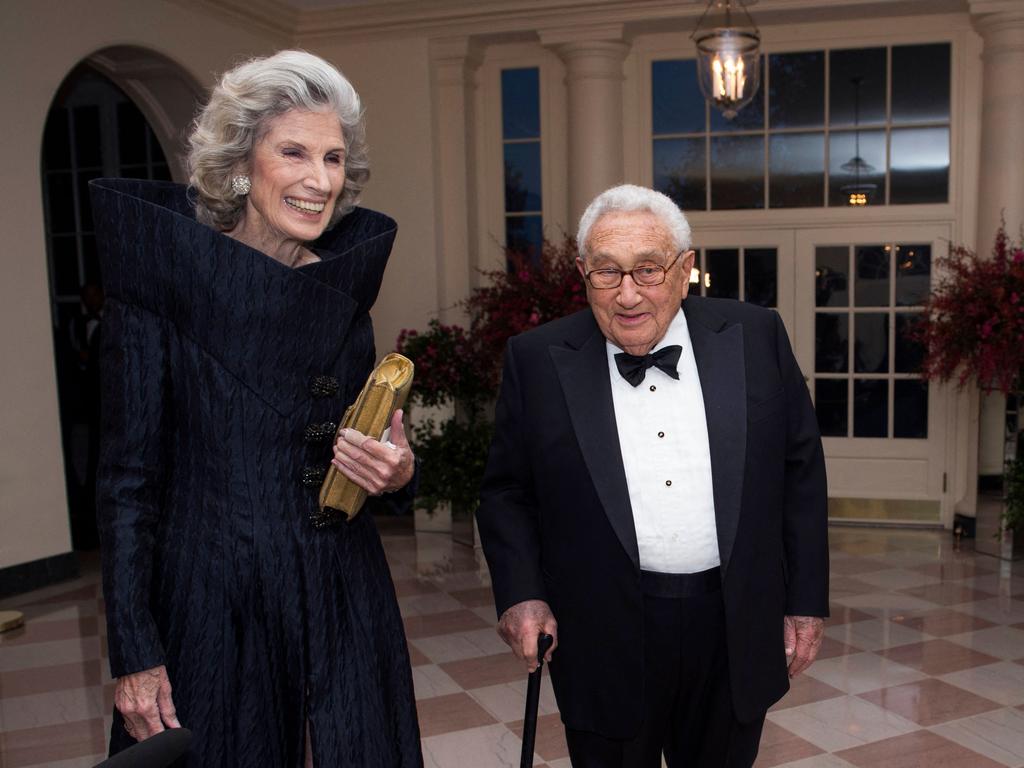


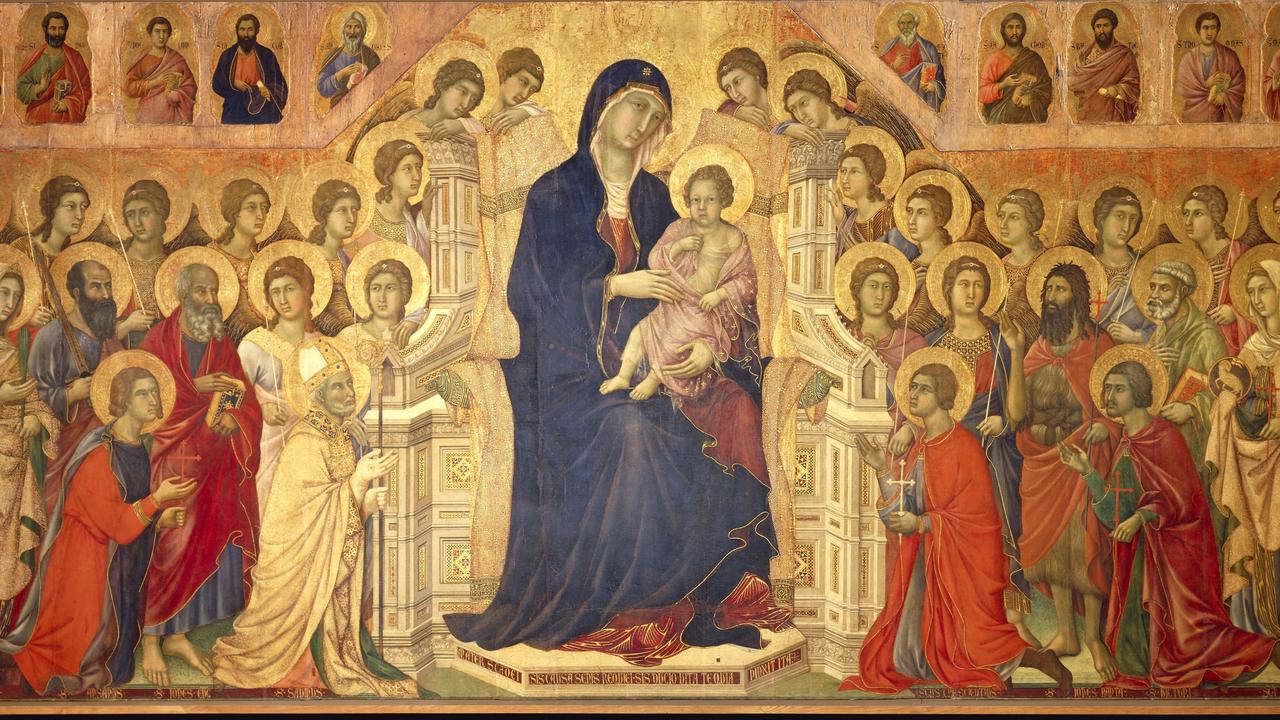
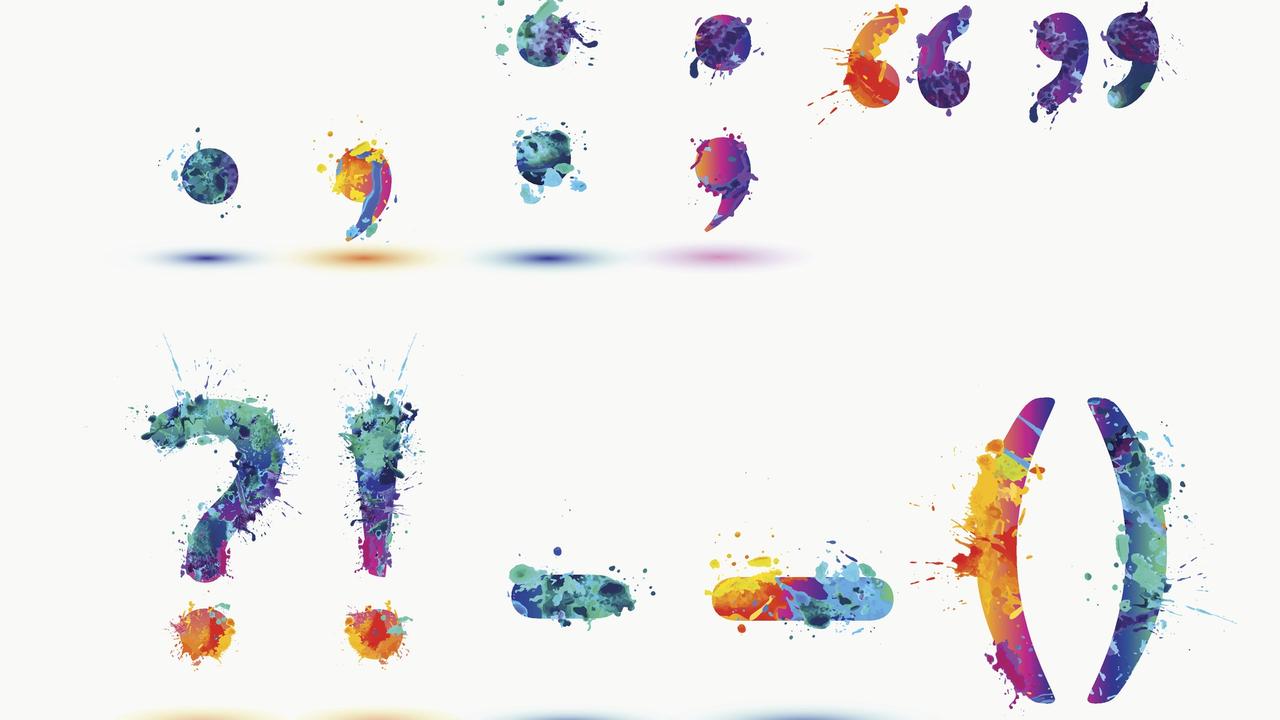
To join the conversation, please log in. Don't have an account? Register
Join the conversation, you are commenting as Logout